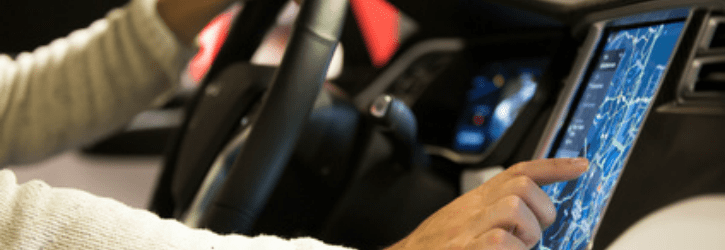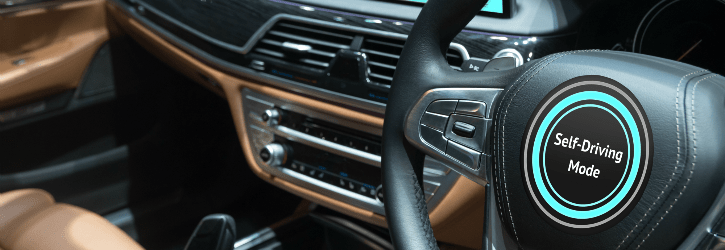
Welcome To The Data Leak Lawyers Blog
We focus on the latest news surrounding data breaches, leaks and hacks plus daily internet security articles.

We focus on the latest news surrounding data breaches, leaks and hacks plus daily internet security articles.

Self-driving cars and the cybersecurity risks and the data breach risks they pose: an unanswered question…
Thieves can already break into cars by hacking remote-entry / keyless entry systems, and security researchers have proven before that the onboard computers of cars can also be hacked, leaving them free to control various parts of a vehicle.
As we move – at speed – toward self-driving cars and lorries being on our roads very soon, the issue of self-driving cars and the cybersecurity risks / data breach risks they pose must be addressed; especially with Tesla – one of the pioneers of self-driving cars – previously being hacked themselves!

If Tesla can be hacked, how safe are self-driving cars?
There are already major concerns over whether self-driving vehicles are safe, given that computers can make mistakes that humans may otherwise be able to prevent or correct. There have been a number of incidents already involving self-driving car collisions, but to add another perspective to this issue, what about self-driving cars being hacked?
Tesla was subject to a data breach recently, so how safe will self-driving cars be in terms of cybersecurity?

It’s no secret that many carmakers are racing ahead with self-driving car technology. Since Tesla brought the futuristic dream into reality, many other companies have quickly followed suit.
Here in the U.K., we have seen government approval for the creation and testing of these autonomous cars on our motorways in a bid to be at the forefront of this new and innovative technology. However, there is still one major hurdle – aside from robot cars crashing due to mistakes that cannot be rectified by anything other than human reaction – and that’s hacking fears.
read more

Researchers say they’ve discovered a security flaw that can affect any vehicle featuring “controller area network” systems – AKA a “CAN bus” – which is basically the network that interconnects components in a car. The “CAN bus” interconnects things like parking assist features, electric windows, and engine control units.
Researchers say hackers can access the connection and bombard it with error messages until the system shuts down to protect its other components. An attacker can therefore theoretically switch off safety features like airbags, ABS brakes, power steering or perhaps even lock someone out of their car.
read more
EasyJet admits data of nine million hacked
British Airways data breach: How to claim up to £6,000 compensation
Are you owed £5,000 for the Virgin Media data breach?
Virgin Media faces £4.5 BILLION in compensation payouts
BA customers given final deadline to claim compensation for data breach
Shoppers slam Morrisons after loyalty points stolen
Half a million customers can sue BA over huge data breach
Lawyers accuse BA of 'swerving responsibility' for data breach
The biggest data breaches of 2020
Fill out our quick call back form below and we'll contact you when you're ready to talk to us.